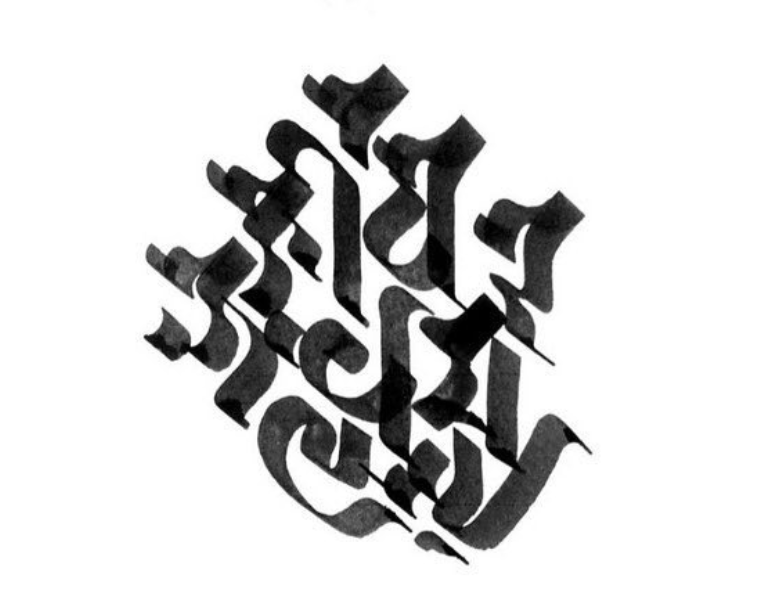Home is Death, Homecoming is Life

“Nearly every hero who is called to adventure, i.e. called from the safety of their home into the descent of the unknown, initially resist the call due to the consequences of crossing the rubicon. It’s only human! Wisdom, however, also involves the fear of the consequences of not crossing the rubicon!”—WhatsApp message to Arise member
The spirituality of many sacred traditions prima facie appear to speak poorly of ‘householder” existence. For example, in the bhagavata-purana one can hear the house described as a blind well degrading the soul [7.5.5]; the root cause of the bondage of karma [5.1.1]; the place where the untamed senses drag one into hellish experiences and that too for vacuous enjoyment already found wanting [7.5.30]. This seems to be the veritable station of the householder except for in cases wherein the soul is dedicated to God which can then transform desires from thieves to service ideas, homes from prisons to temples, and family attachments from foot shackles to holy company [10.14.36].
When Prahlada tells his father to abandon the house, “a blind well that degrades the soul,” and to “go to the forest to find refuge in God”, we are told by a premodern commentator on BP, “While one is still in the house, one should give up attachment to the blind well, and then go to the forest. Otherwise, even if one goes to the forest, one will still take shelter of the blind well.”
From this we may derive the understanding that home is used as symbol for a type of consciousness that’s (too) attached to the familiar, known, comfortable, sense of control, status quo and therefore, unwilling to move from home base ”and into the forest…to lose [one’s] mind and find [one’s] soul.”
Although the forest was the literal dwelling place, not only of dangerous wild species, but also of yogis, rishis, hermits and mystics who conscientiously left aside “home” in search of further individuation before the Great Mystery (Brahman/God), in sacred literature, the forest is also symbol for the consciousness that sacrifices the stability felt at “home” by entering ”the forest,” i.e. entering the space—rather interiorly or literally—that reveals us to ourself uncovered, unmoored, uncluttered, and undistracted by the accoutrements of “home.” Only in this (inner) space, is it believed, that God reveals (more of) Itself.
A useful analogy might be be found in baseball. You don’t get a point by staying at homebase, but only by returning to home after risking the adventure—“the forest”—symbolize by first, second, and third base. The point scored is not only for one’s self, but for one’s entire tribe.
“Die to live,” has been a slogan echoed throughout the ages by likely all the wisdom traditions of the world. It is realized that (symbolic) death can be in service of life, just as (selfish) life can be in service of death. ”Home” is death when a so-called life doesn’t risk entering “the forest” for the sake of upgrading the self. Homecoming is life as one returns from the forest individuated and carrying the elixir of life for one’s people.

Member discussion